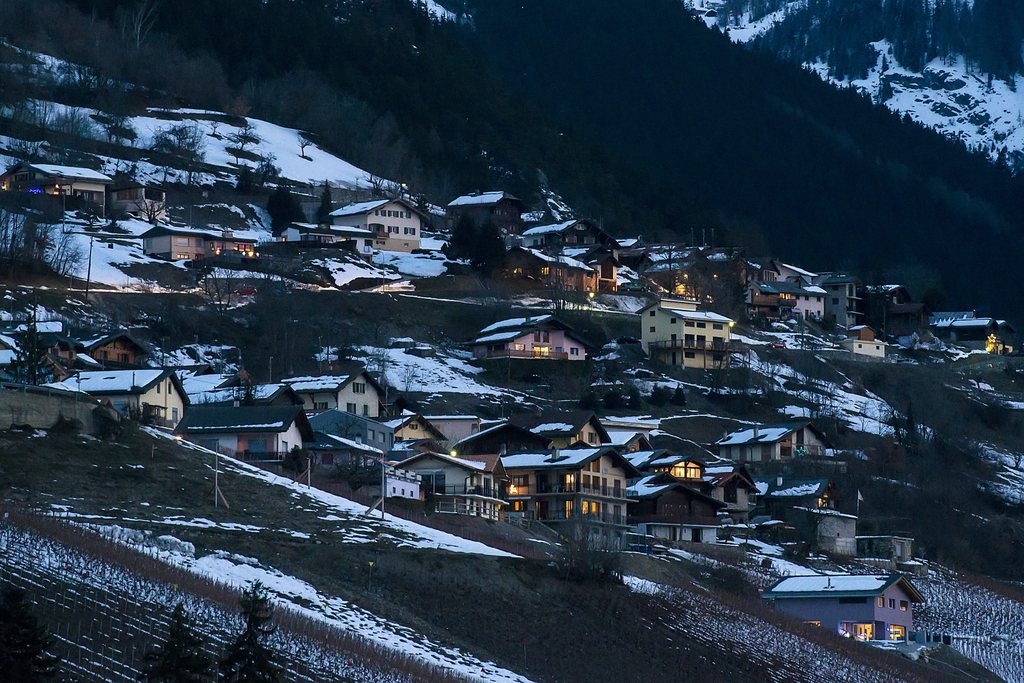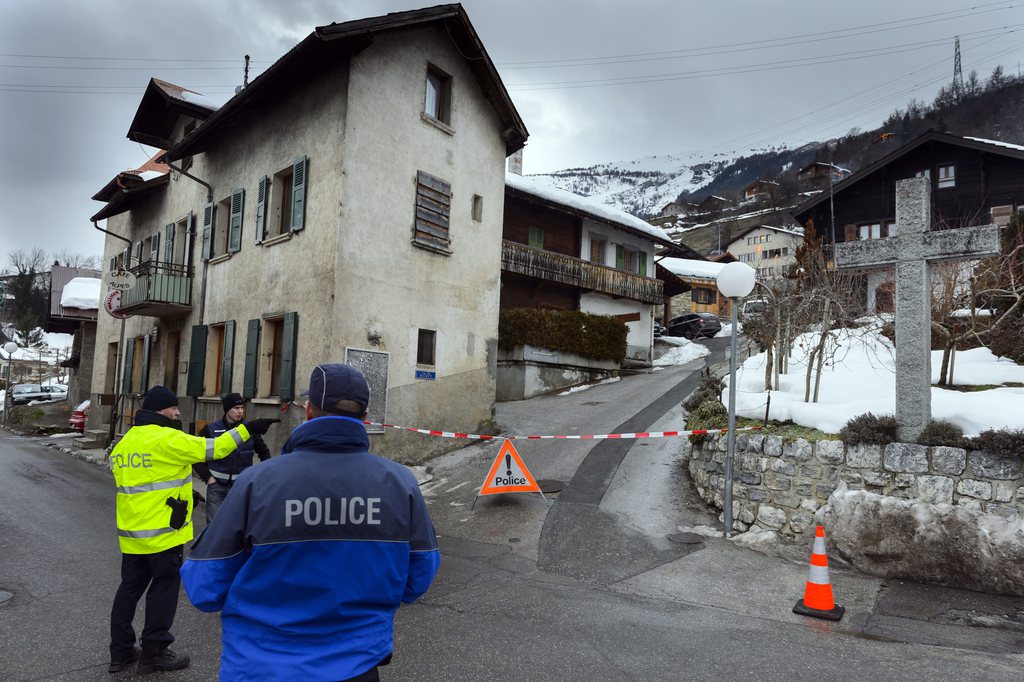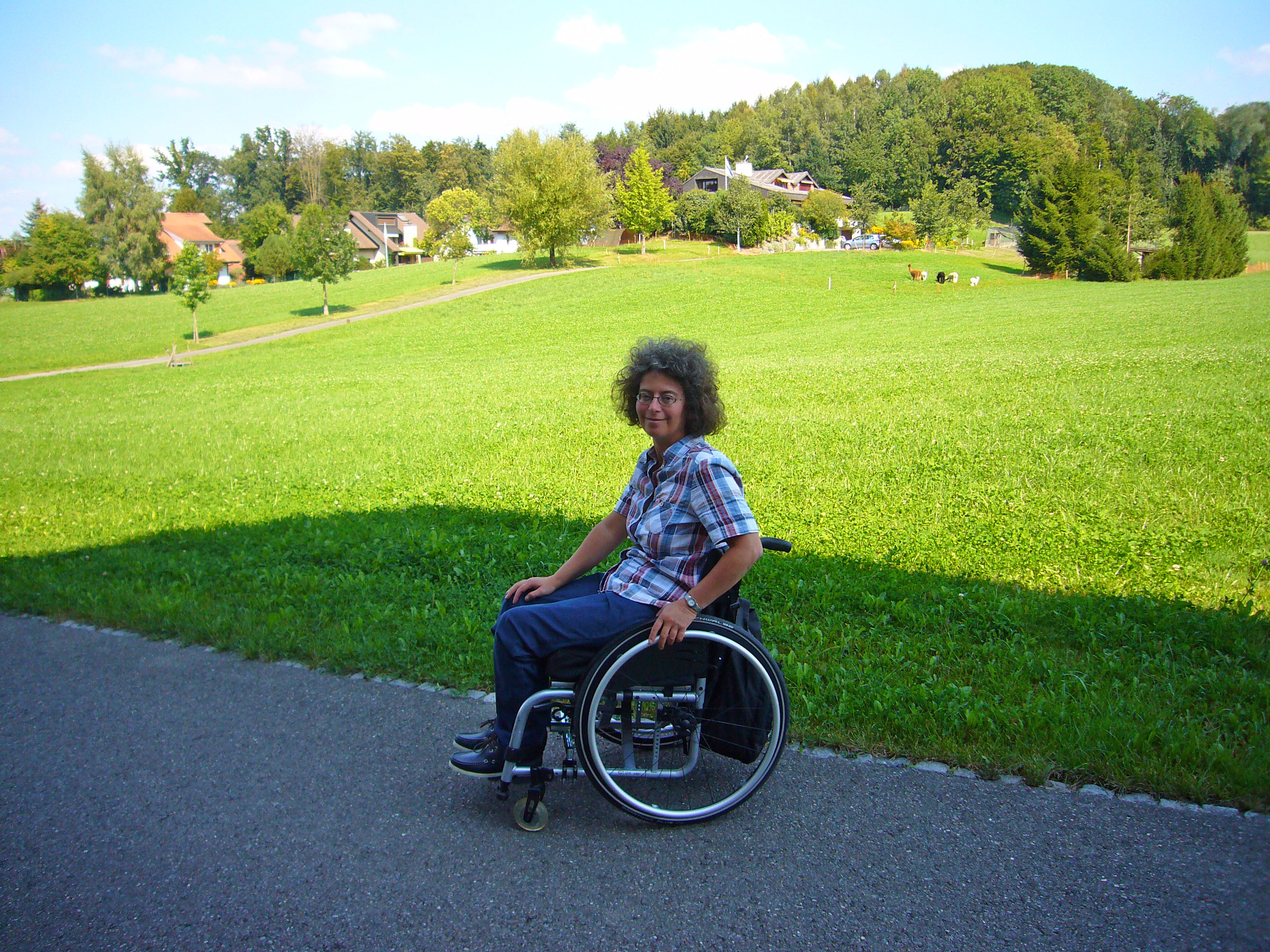Daillon gunman wanted to settle family dispute

The Swiss gunman who killed three women and injured two men in the tiny alpine village of Daillon on Wednesday evening wanted to resolve a “long-running family problem”, according to the Valais public prosecutor’s office.
The 33-year-old man who went on the shooting spree in southwest Switzerland remains in hospital recovering after being shot in the chest by police while being apprehended on Wednesday. He has been charged with murder and a psychiatric examination has been requested.
Officials say the shooter, whom police has not identified, was a ward of court who lived on disability benefit and was hospitalised for psychiatric treatment in 2005 following intervention from his family and police. His legally-held guns were seized and destroyed at that time. The 33-year-old also has a history of drug abuse.
Despite this earlier seizure, the police said the gunman still owned a small arsenal of weapons including two historic Swiss military rifles known as ‘mousquetons’, a shotgun, an air rifle and an alarm pistol. Police also found dozens of rounds of ammunition, a machine-gun belt, knives and bayonets.
The man started shooting at fellow villagers around 9 pm on Wednesday. He began firing from his apartment, shooting at people in the street and in neighbouring buildings, but later came out into the street, police said, adding that he appeared to have fired dozens of rounds from at least two weapons: a mousqueton and a shotgun.
The three female victims – aged 32, 54 and 79 – died of their injuries at the scene, police said. Two male victims were taken to hospital suffering from serious gunshot wounds.
Valais police said on Saturday that one of the injured men, the husband of the 32-year-old female victim, was no longer in a life-threatening situation but remained in intensive care. All were local residents of the village which has a population of 400.
No French connection
French police investigating the murder of a British-Iraqi family in the Alps said on Tuesday that they had found no link with the Daillon gunman.
Investigators had asked police in Switzerland for permission to question the gunman, who went on a shooting spree in the Swiss village.
Saad al-Hilli, his wife Iqbal and her mother Suhaila al-Allaf were all found dead inside their car near Lake Annecy in the neighbouring Haute-Savoie region on September 5, 2012 along with a French cyclist who police believe was an innocent bystander. The couple’s two young daughters survived the attack.
French investigators have so far failed to report any progress in solving the case.
Guns galore
The Daillon tragedy has focused attention on Switzerland’s gun traditions. The alpine nation has one of the highest number of firearms per capita. There is no nationwide register, but estimates range between 2.3 million and 4.5 million among the more than eight million residents.
Under the militia army system, hundreds of thousands of military weapons are kept in Swiss households ready for use in an emergency mobilisation, although according to regulations ammunition is stored in army depots.
Up to a million more army weapons belonging to citizens no longer on standby for active military service are still in circulation.
Army-issue weapons are said to be involved in more than 300 suicides in Switzerland every year.
Following Wednesday’s tragedy a Swiss parliamentary committee is set to discuss next week whether the country’s gun control laws should be strengthened.

In compliance with the JTI standards
More: SWI swissinfo.ch certified by the Journalism Trust Initiative


You can find an overview of ongoing debates with our journalists here. Please join us!
If you want to start a conversation about a topic raised in this article or want to report factual errors, email us at english@swissinfo.ch.